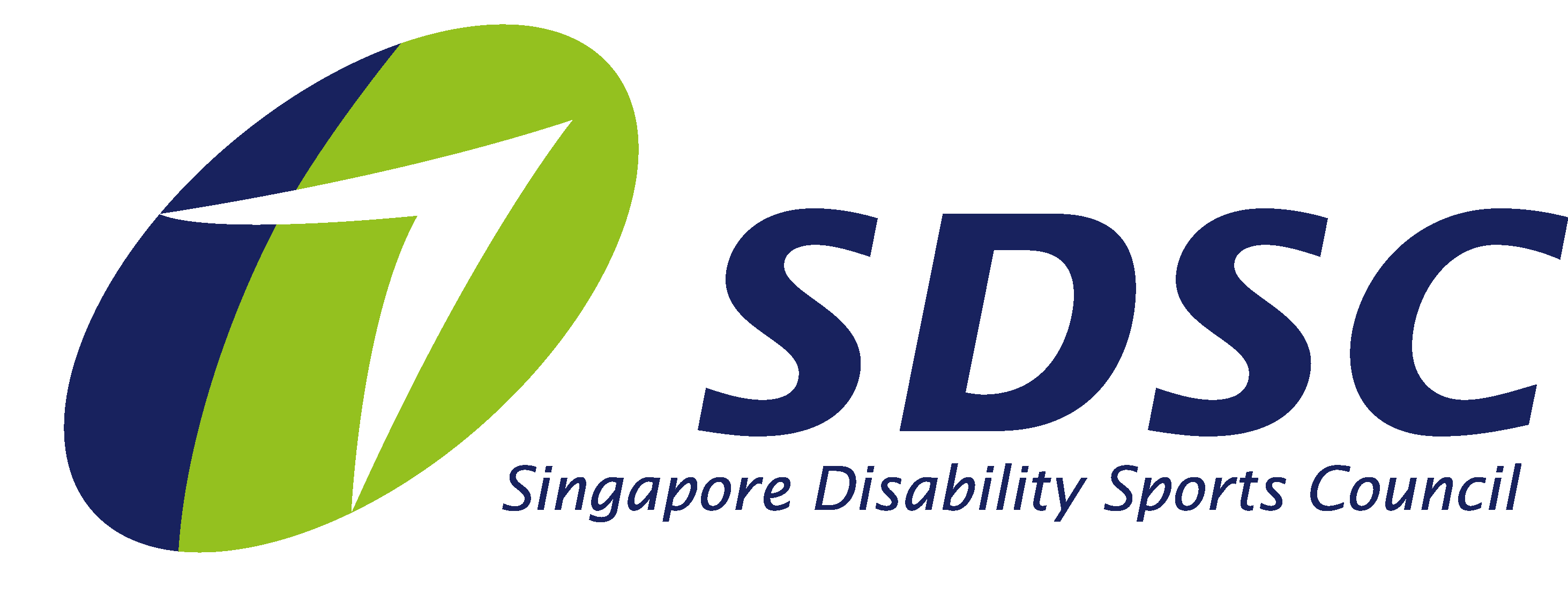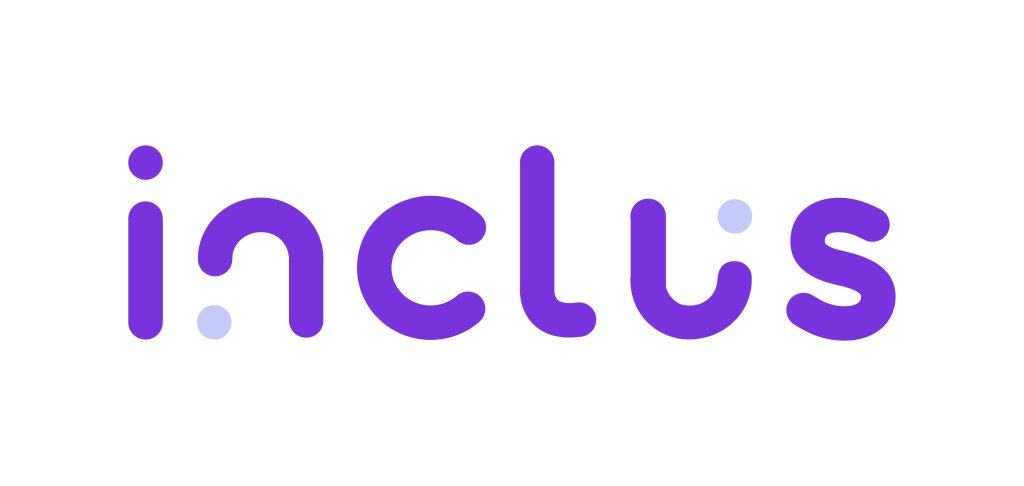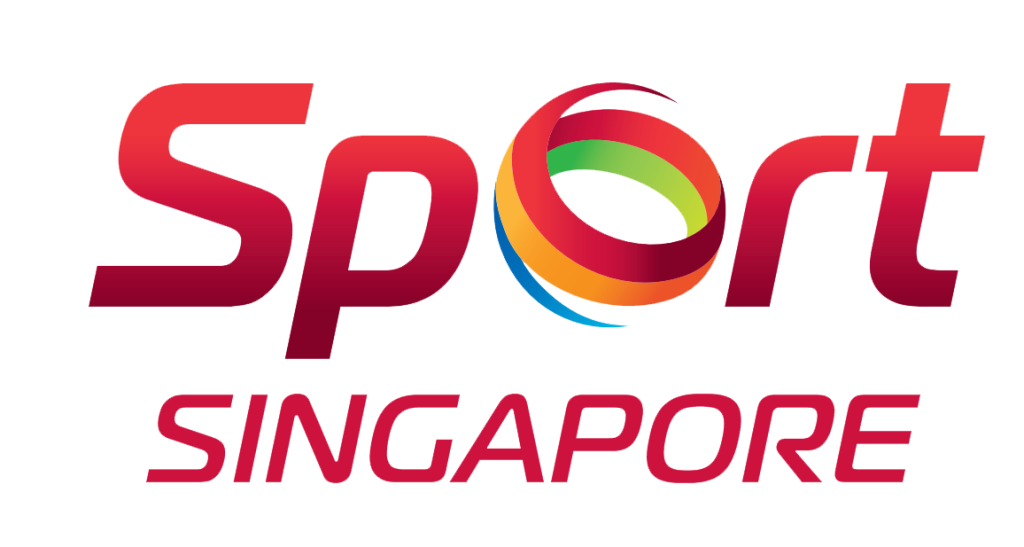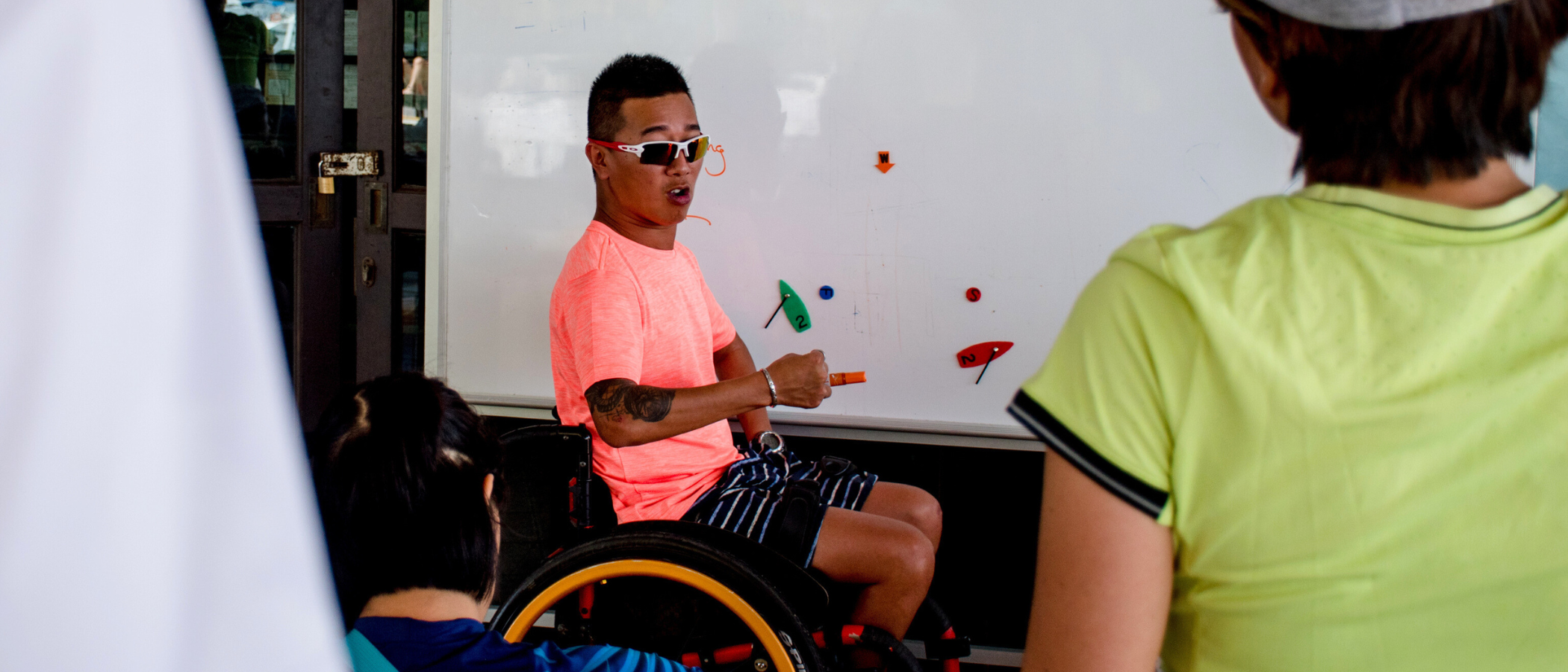
Focus on Abilities — Testimonials
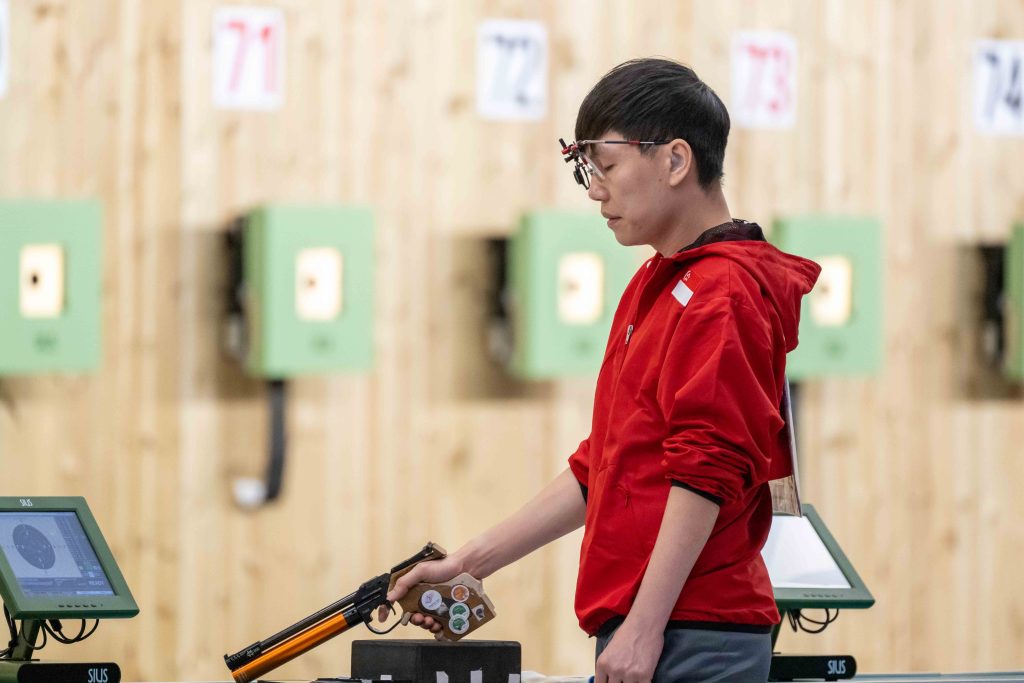
The Journey of Founding The Go Academy and Balancing Dual Careers
I have always aspired to excel in sports, but due to a disability in my left hand, my options were limited. In 2003, I walked into a comic shop and discovered “Hikaru No Go,” a manga about the game of Go. I was immediately fascinated and thought that this could be the “sport” I had been searching for—a mind sport. This comic literally changed my life.
After completing my national service, I traveled to South Korea to pursue a bachelor’s degree in Go. Upon graduation, I worked for the Go association for 1.5 years. Feeling that more could be done to promote this amazing mind sport, I decided to leave and, together with my coach and passionate friends, founded The Go Academy.
Starting The Go Academy
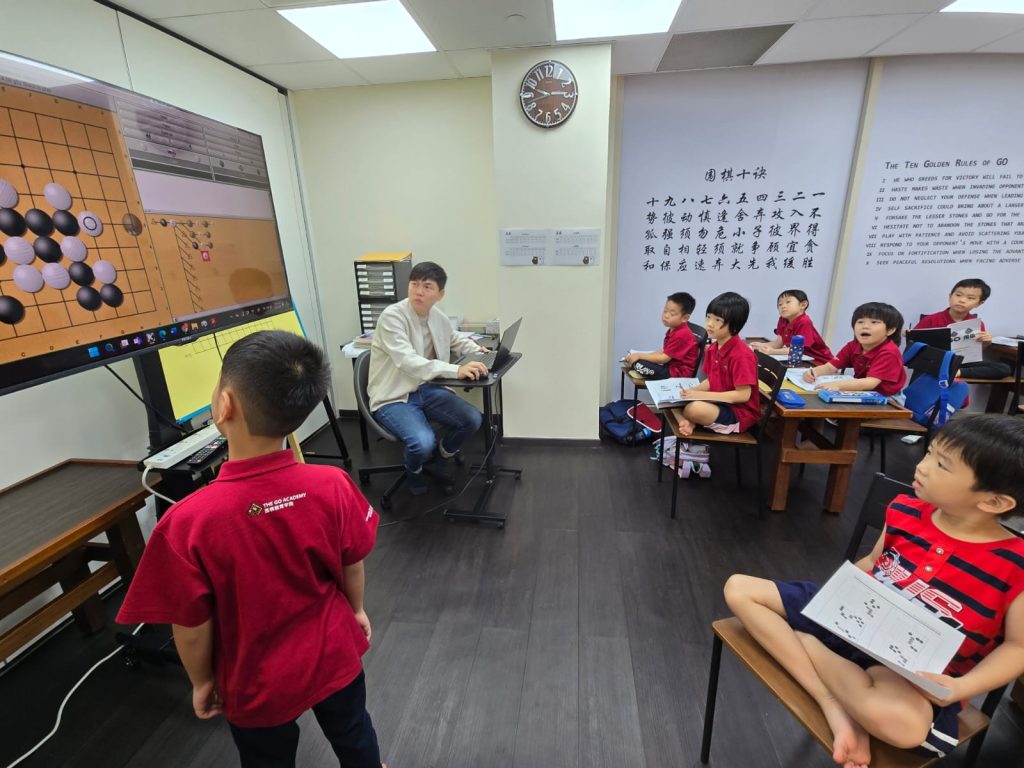 Setting up The Go Academy was a daunting task, as there were no examples or templates to follow since we were the first commercial Go school. I had to build everything from scratch, drawing on my observations of other Go schools and the connections I had made during my university years in Korea. Financially, I was fortunate because our main shareholder was also a passionate Go player who wanted to promote the game. I am grateful to have met many wonderful people who lent me a helping hand throughout this process; without their support, none of this would have been possible.
Setting up The Go Academy was a daunting task, as there were no examples or templates to follow since we were the first commercial Go school. I had to build everything from scratch, drawing on my observations of other Go schools and the connections I had made during my university years in Korea. Financially, I was fortunate because our main shareholder was also a passionate Go player who wanted to promote the game. I am grateful to have met many wonderful people who lent me a helping hand throughout this process; without their support, none of this would have been possible.
Managing a Dual Career
Managing a dual career as a shooter and a Go coach has been both rewarding and challenging. One of the biggest challenges is time management. There are times when the demands of coaching overlap with my training schedule, requiring me to make difficult choices. Balancing both roles can be exhausting, and it requires careful planning to avoid burnout.
Having a strong support system is crucial. My coach and sport psychologist play significant roles in helping me stay focused and motivated in my shooting career, while my fellow Go coaches provide invaluable support in my coaching career. Their encouragement keeps me grounded and helps me push through tough times.
Despite the challenges, having dual careers is incredibly fulfilling. It allows me to develop diverse skills and brings a sense of balance to my life. Each career offers unique experiences and learning opportunities, enriching my personal and professional growth.
Dual career’s Impact on Sporting Excellence
Pursuing a dual career as a shooter and a Go coach has had a significant impact on my ability to excel at my sport. The combination of these two demanding roles has taught me invaluable lessons in discipline, time management, and mental resilience, which are crucial for excelling in shooting.
Being a Go coach has sharpened my analytical skills and strategic thinking, which are directly applicable to shooting. The mental discipline required in Go helps me stay calm and composed under pressure, an essential trait for competitive shooting.
Despite these challenges, the benefits have been substantial. The skills I develop as a Go coach complement my shooting career, providing me with a unique perspective and a well-rounded approach to my sport. This dual career has not only enriched my personal growth but also significantly contributed to my ability to excel in shooting.
Benefits of a Dual Career for Athletes
I believe it is highly beneficial for athletes to pursue a dual career or engage in activities outside of sports for several reasons. First, it promotes mental health and well-being by providing a mental break and reducing stress, allowing athletes to recharge and return to their sport with renewed focus. Additionally, activities outside of sports help develop a wide range of transferable skills. For example, my experience as a Go coach has sharpened my analytical thinking and strategic planning, which are valuable in shooting.
Financial stability is another key benefit, as a dual career provides an additional source of income, reducing the pressure to rely solely on earnings from sports and allowing athletes to focus more on their performance without financial stress.
A dual career can also contribute to career longevity. Since athletic careers can be short due to physical demands and potential injuries, having alternative interests ensures athletes have other career options and a smoother transition when they retire from sports.
Moreover, pursuing interests outside of sports helps athletes build a well-rounded identity and prevents them from being defined solely by their athletic achievements. This fosters a sense of fulfillment and purpose beyond their sport. Engaging in different fields also expands their network, creating valuable opportunities for personal growth and future career prospects. It provides a broader perspective on life, helping athletes handle the highs and lows of their sports careers more effectively.
— Daniel Chan, Para Shooter
